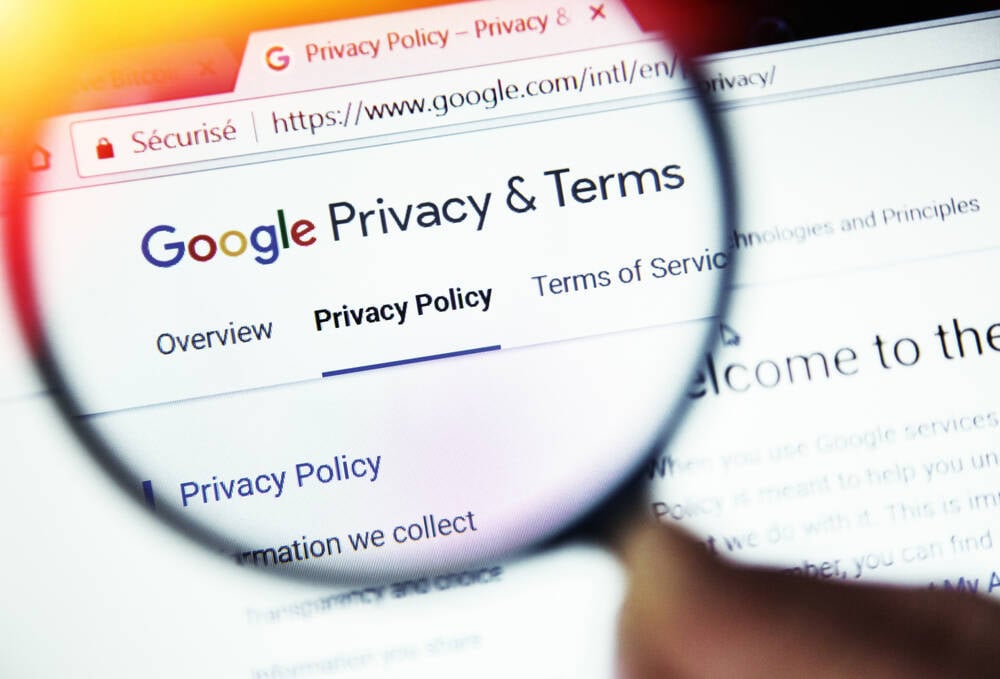Google dragged to UK watchdog over Chrome’s upcoming IP address cloaking::Marketers tell antitrust cops privacy proxy will make it harder to protect kids online, etc etc
“Google’s IP Protection means ISPs will no longer have visibility of data via an IP address whist leaving Google with the ability to monitor and process data at all times”
Wait, I must twist this in a way people will care
“This will make the provision of child protection services more difficult for ISPs.”
Initially, IP Protection will be opt-in, but Google intends to make it the default setting for the Chrome browser.
Although I’m not a huge fan of compulsory VPN for everyone. A future where only a small amount of people have direct connections from their homes sounds bleak.
First time hearing of that ‘micro tor’ google thing. Why are they even doing this? It is so weird for them to do this. There has to be some kind of catch to it right?
Non-browser ad blockers like the Pi-Hole block all network traffic to known servers that serve ads. Routing all web traffic through Google’s VPN disables this way of adblocking and only leaves in-browser solutions like u-block. And Google’s fight against those within Chrome is ongoing.
Beyond the ip based ad block killing implications, this would also allow google to collect more data about chrome user web traffic, while even more significantly it allows them to obsfucate this data from their competition.
Have fun analyzing user data when google gets the real feed of it and you get whatever they choose to let you see. There’s nothing preventing them from messing with more than just the outgoing IP.
Google gets to pretend they care about user privacy when they’re really just trying to hinder the competition.
The rest here is pure speculation on my part, but I don’t feel google deserves the benefit of the doubt.
There’s also potential here for google to use their spot in the middle of the connection to effect what you see when you browse the net. Could be pure censorship, inserting more ads for themselves, or something more subtle.
They could quietly direct more traffic to sites they want you to see and away from what they don’t, even more than their search already does.
Marketing and internet usage studies show that even a minor delay of a few seconds when loading a page can have a large effect over time on whether a user will return to your site. Introduce nearly invisible throttling on some sites and boom, you can move the needle on competition between sites and ecommerce.
There’s some chatter on net neutrality being enforced at the ISP level, but does that apply to VPNs?
deleted by creator
Wanna bet it has something to do with shoving more ads into our eyeballs? No, no, let me rephrase that: wanna bet it has everything to do with shoving more ads into our eyeballs?
They explain this in in an episode of Graham Cluley‘s excellent podcast „Smashing Security“. I think in the episode from October 26th.
This is the best summary I could come up with:
IP Protection, previously referred to as “ip-blindness” or “Gnatcatcher,” is a proxy system similar to Apple’s Privacy Relay.
MOW objects to this project as a violation of Google’s commitments to the CMA, a set of promises the ad biz made to the UK competition watchdog to win approval for its plan to replace third-party cookies with Privacy Sandbox technologies.
“Google’s IP Protection means ISPs will no longer have visibility of data via an IP address whist leaving Google with the ability to monitor and process data at all times,” says a letter from MOW’s London-based legal representative Preiskel & Co LLP to the CMA and to UK telecom regulator Ofcom, which was provided to The Register.
For example, one pseudonymous individual who claims to help advertising clients optimize Google AdWords campaigns says that IP addresses play a critical role in fraud prevention.
“This is a blatant and egregious breach of the commitments made by Google to the CMA to prevent it acting in an anti-competitive fashion,” said Tim Cowen, co-founder of MOW, in a statement provided to The Register.
MOW’s letter to the CMA cites specific objections as to why IP Protection contravenes Google’s promises to the agency.
The original article contains 796 words, the summary contains 198 words. Saved 75%. I’m a bot and I’m open source!
Is it just a mini VPN or encrypted DNS?
deleted by creator





